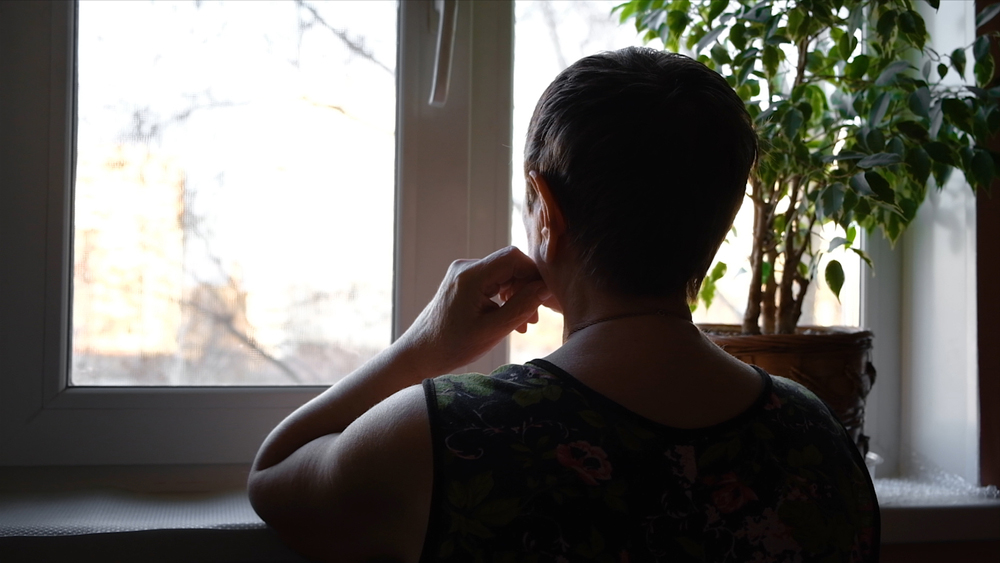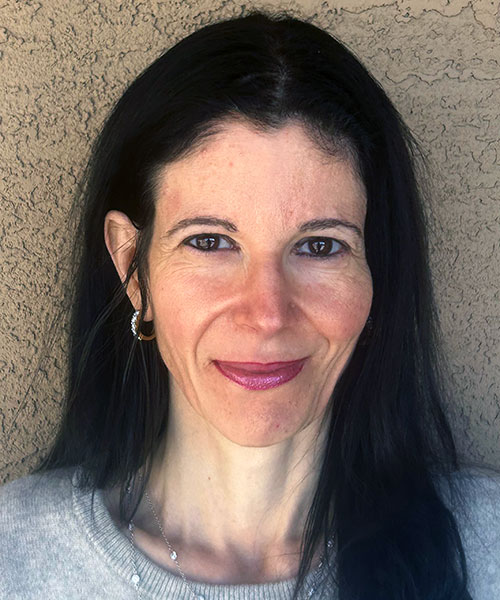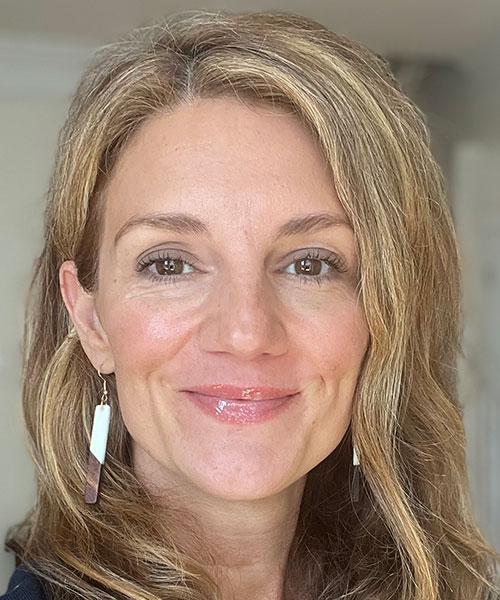Post-traumatic stress disorder is a serious mental health condition that can develop after you experience or witness a traumatic event. Many people live with PTSD for years without knowing help is available. In observation of PTSD Awareness Month, EHN Health USA encourages you to learn more about this condition, understand its symptoms, and explore how telehealth can make treatment more accessible than ever.
What Is PTSD?
PTSD is a psychological response to trauma. While it’s normal to feel fearful, anxious, or unsettled after a disturbing experience, PTSD occurs when those feelings don’t fade and instead begin to interfere with your daily life. Symptoms may surface after exposure to violence, abuse, combat, natural disasters, or anything you find terrifying.
PTSD affects people of all ages, gender identities, and backgrounds.
How PTSD Changes the Brain
Brain scans of people with PTSD show measurable differences in regions that govern memory, decision-making, and impulses.
- The amygdala becomes hyperactive, increasing fear and emotional reactivity.
- The hippocampus may shrink, affecting your memory and making it harder to distinguish between past and present threats.
- The prefrontal cortex, which regulates your feelings and rational thinking, can become less active, reducing your brain’s ability to control your instinctive fight-or-flight response.
These neurological changes explain why people with PTSD often feel constantly on edge, overwhelmed, or disconnected from themselves and others.
Leading Symptoms of PTSD
PTSD symptoms can vary, but they often fall into four primary categories:
- Intrusive thoughts, such as flashbacks, nightmares, or unwanted memories of the traumatic event.
- Avoidance behaviors, including steering clear of reminders, people, places, or conversations related to the trauma.
- Negative changes in thinking or mood, like hopelessness, guilt, detachment, or loss of interest in previously enjoyable activities.
- Hyperarousal, including irritability, difficulty sleeping, startling easily, or feeling constantly on guard.
These symptoms can be intense and unpredictable, making everyday life feel unsafe or overwhelming.
Why Getting Help Matters
PTSD can strain your relationships, interfere with your work performance, and increase your risk of substance use and other co-occurring mental health disorders. But personalized, consistent, and trauma-informed therapy works.
EHN Health USA will tailor your treatment plan to your unique experiences and needs. Using a combination of evidence-based, holistic approaches, we’ll equip you with the skills to regulate your emotions, process distressing memories, and move forward with clarity and confidence.
The Benefits of Teletherapy for PTSD
Seeking PTSD treatment can be daunting, especially if leaving home feels triggering. EHN Health USA offers therapy through a secure, HIPAA-compliant telehealth platform. Our virtual intensive outpatient program delivers high-quality care – without the need to travel, take extended time off work, or put your family responsibilities on hold.
From the comfort and privacy of home, you can access:
- Individual therapy sessions with licensed professionals trained in trauma-informed care
- Psychiatric consultations for medication management or co-occurring conditions
- Small-group support to foster connection, reduce isolation, and build resilience
For many people with PTSD, teletherapy removes significant barriers to treatment, allowing for steady progress in a safe and familiar setting.
There Is a Path Forward
PTSD can trap you in survival mode – but our programming can reduce your symptoms, restore your sense of safety, and regain control of your life. At EHN Health USA, we meet you where you are – emotionally, physically, and practically. Connect with us today to verify your insurance coverage and request the care you need to move forward.










